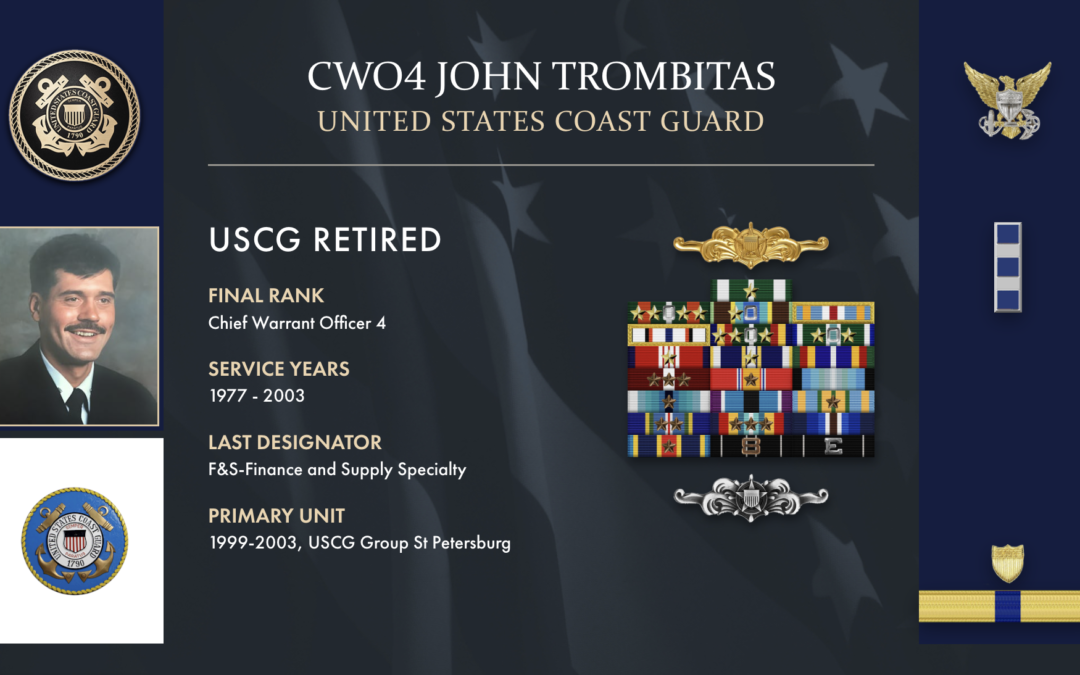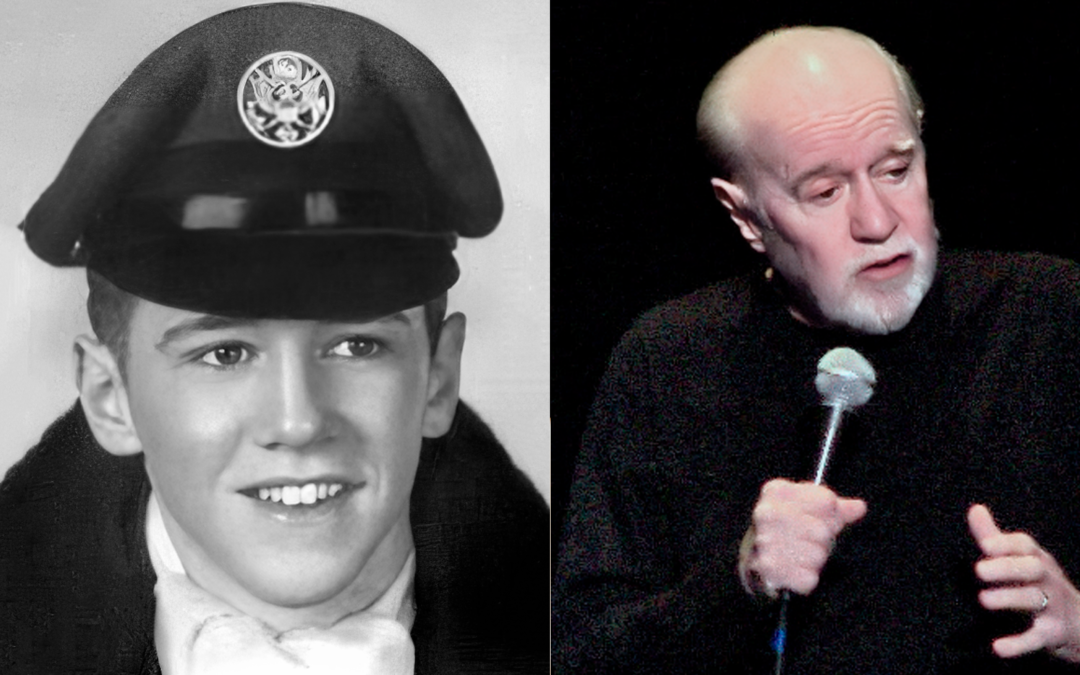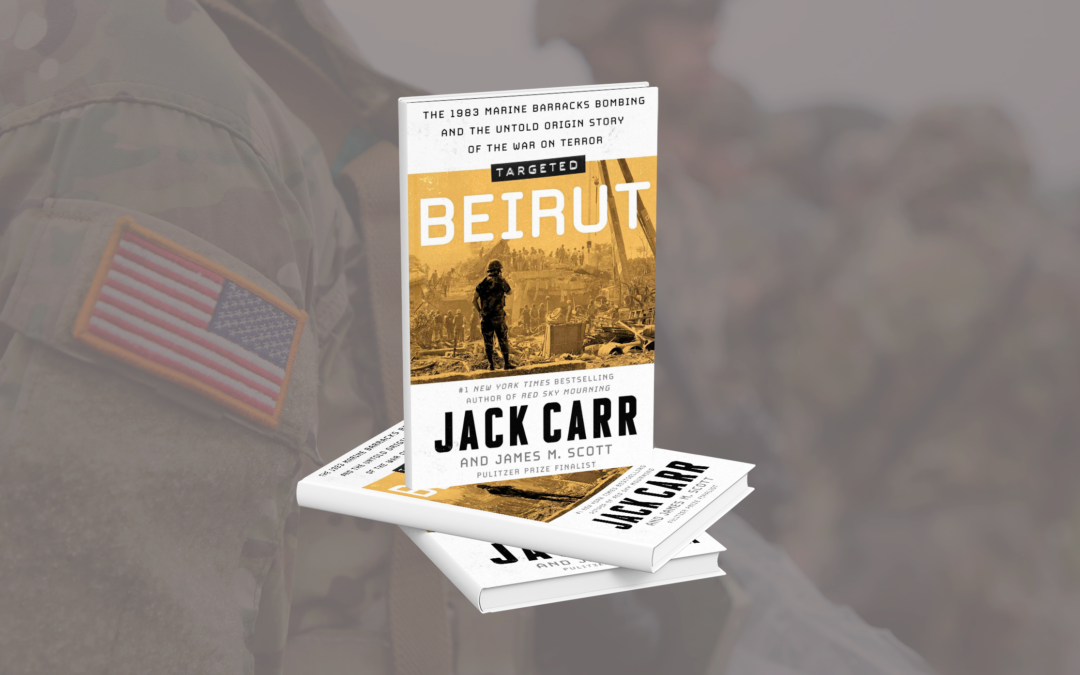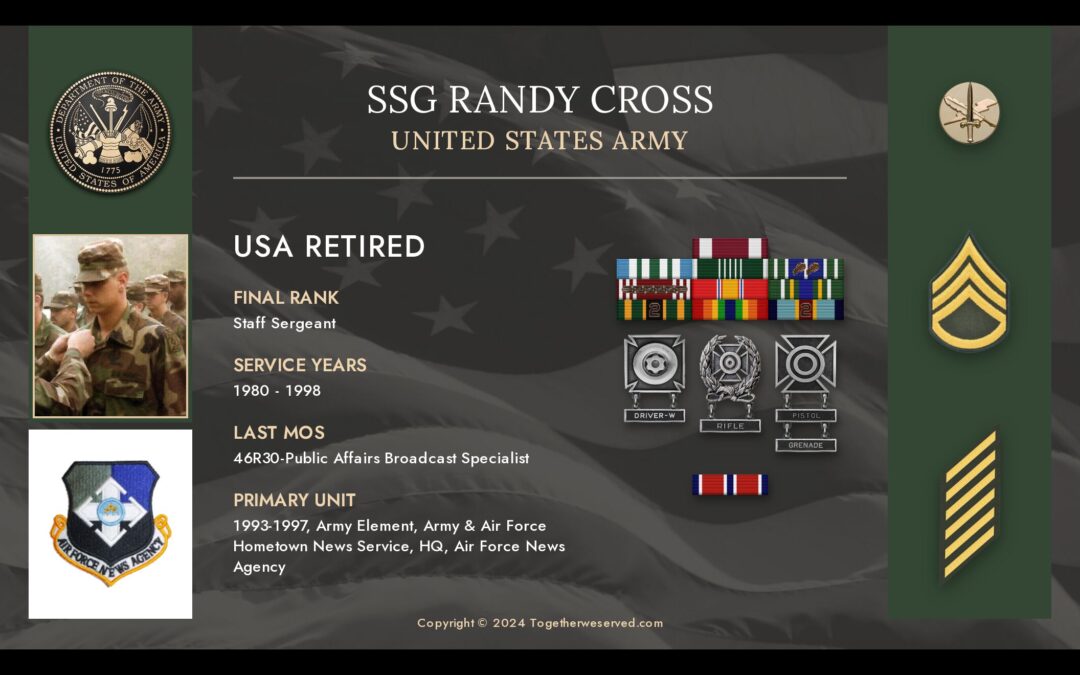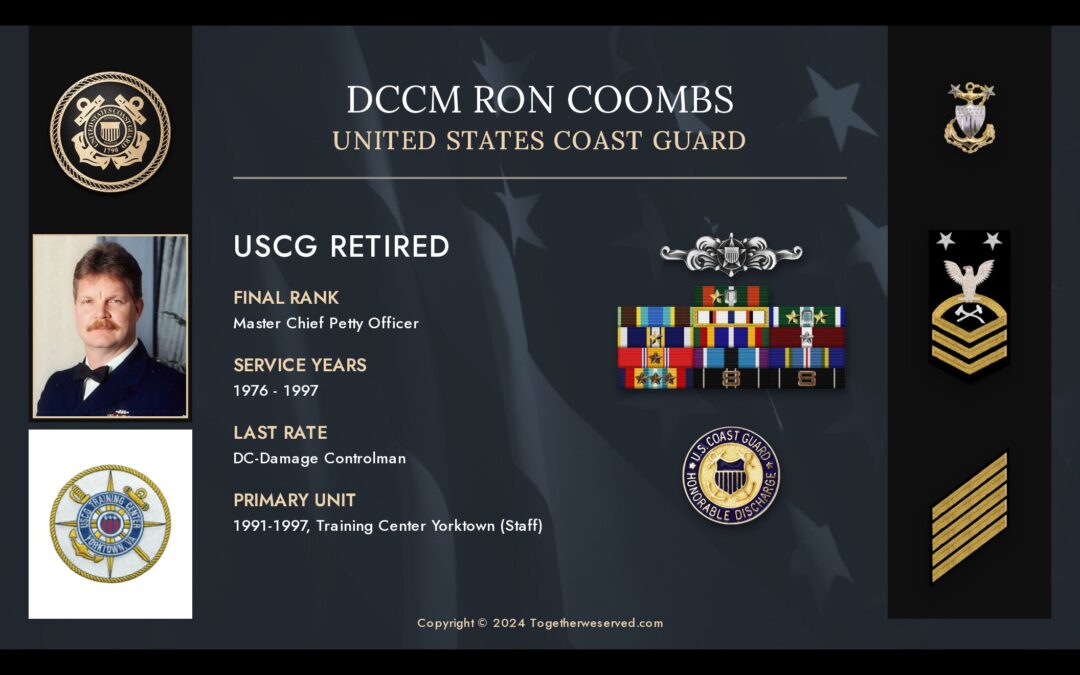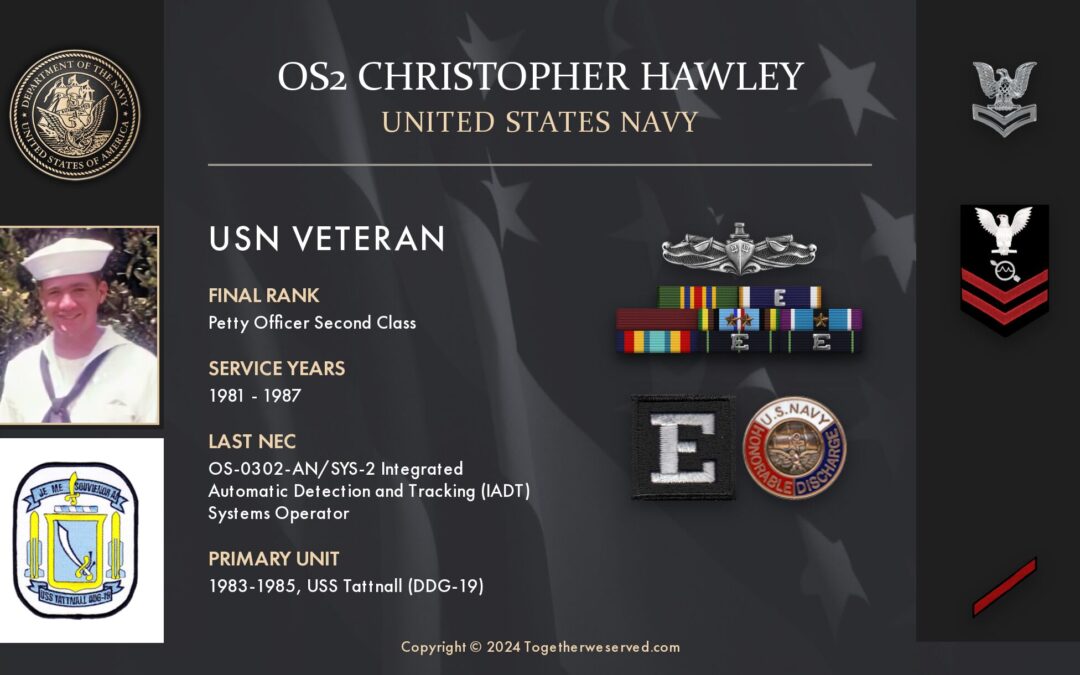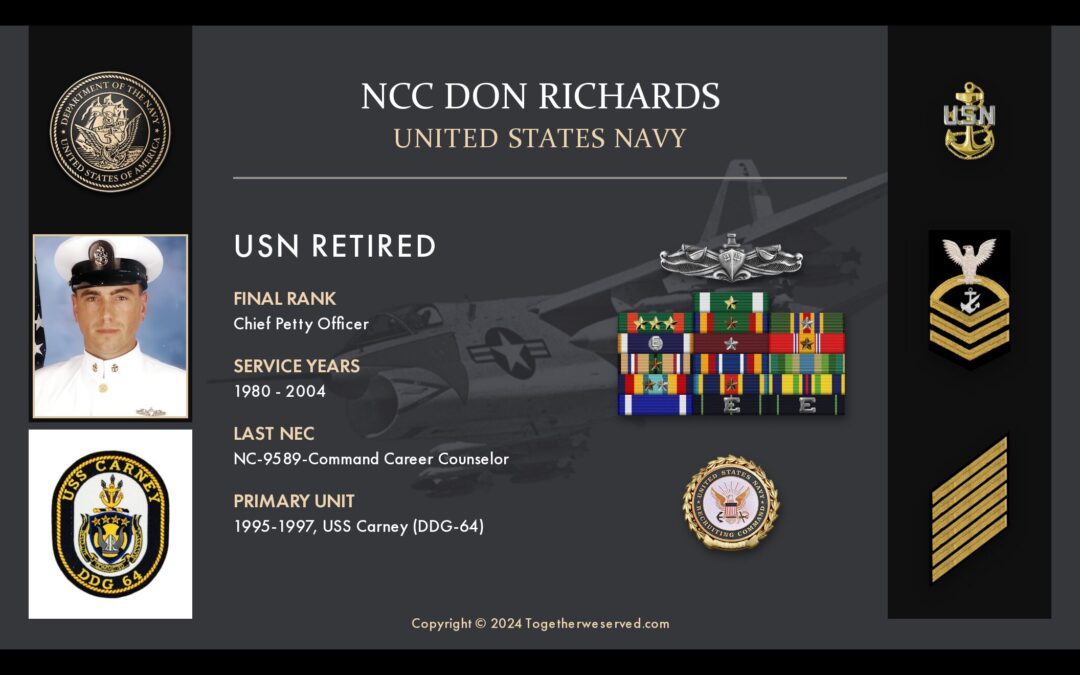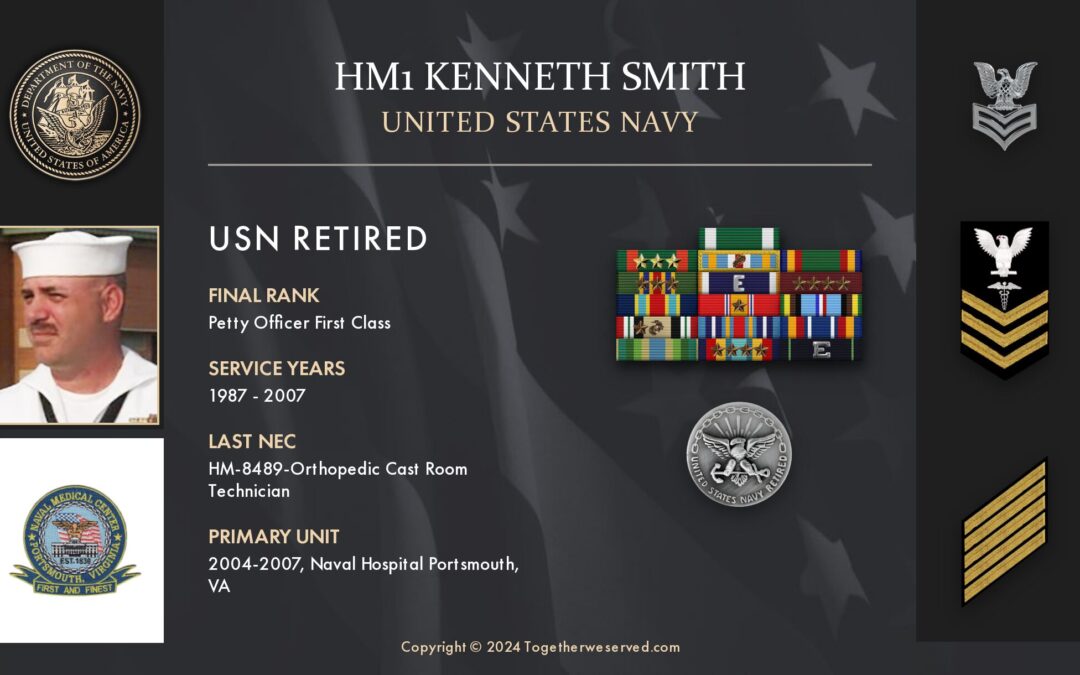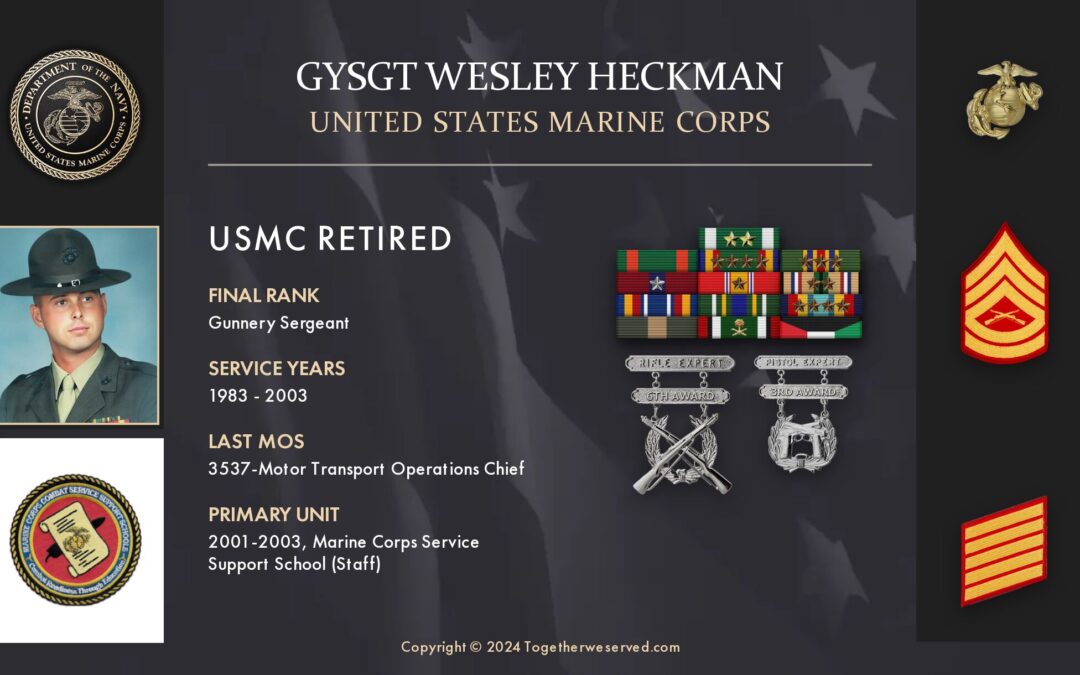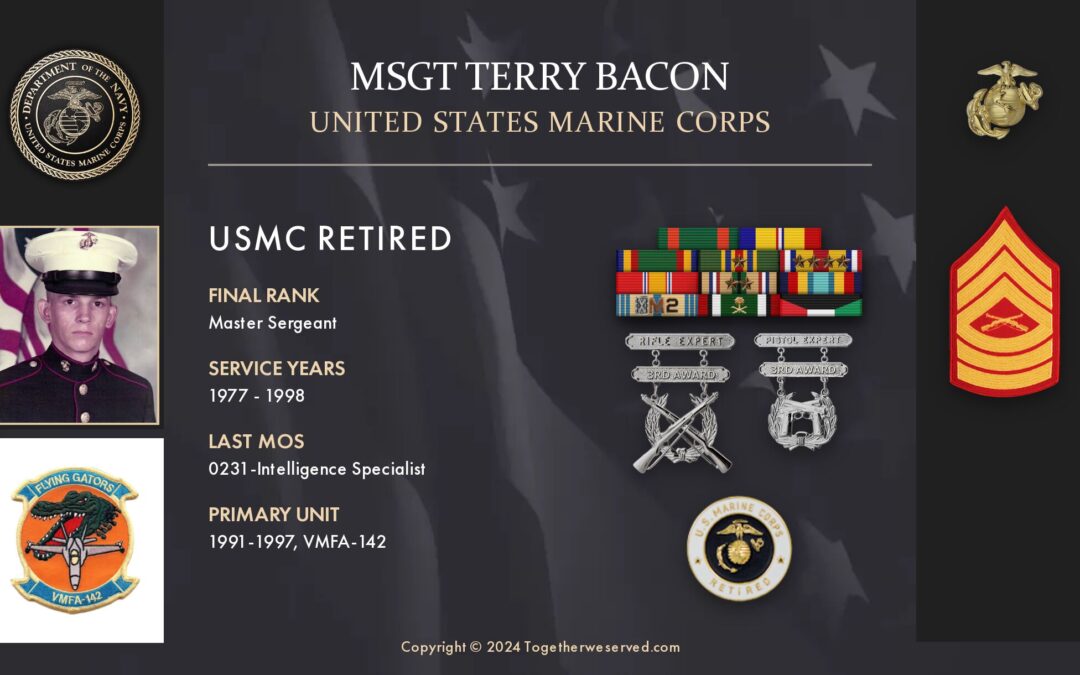My brother motivated me to join the Coast Guard. He knew I was contemplating joining the service and told me it was a smaller, more elite sea service. He said there, you’ll be a face, not a number. He also said I probably would not leave the continental US because the Coast Guard was primarily in the US (Well, I proved him wrong on that one).
